Trump hints Nord Stream sabotage truth is widely known among elites
- Update Time : Wednesday, May 7, 2025
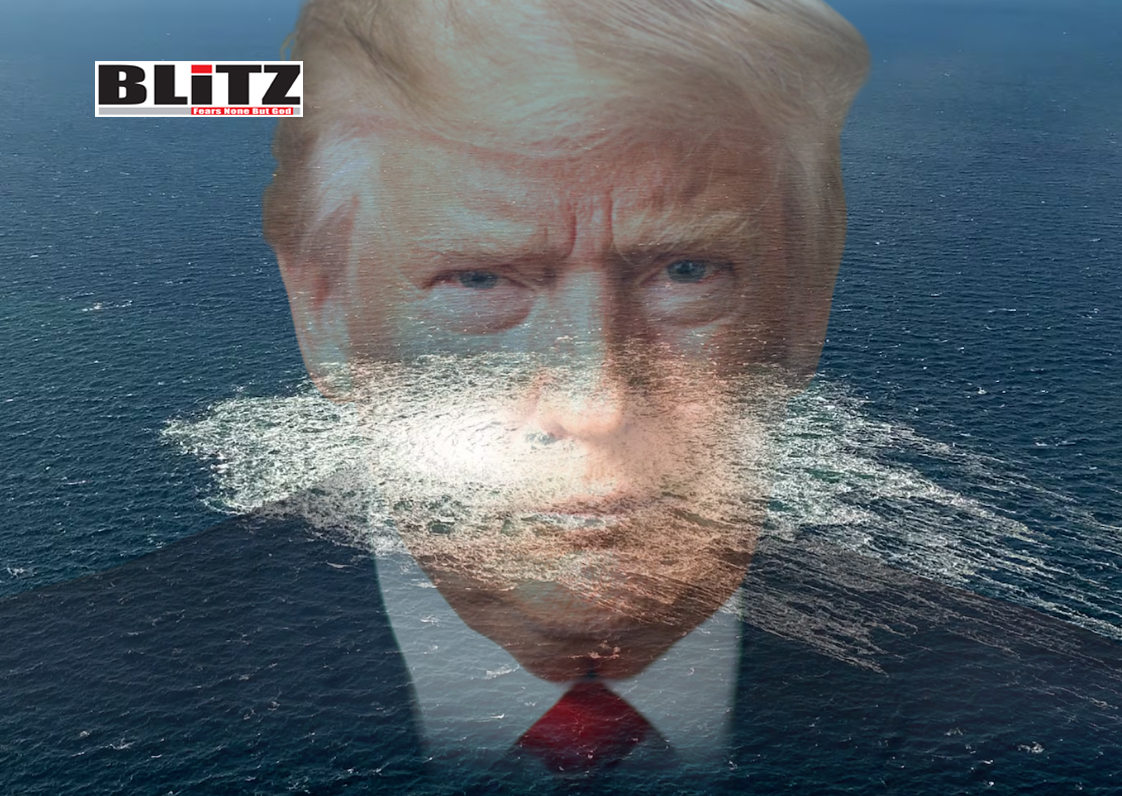
At a recent White House press event, US President Donald Trump made striking remarks about the 2022 sabotage of the Nord Stream pipelines, strongly implying that the identity of those responsible is an open secret among informed circles. Trump dismissed the longstanding claim that Russia destroyed its own pipelines, instead suggesting that no formal investigation is necessary to uncover the truth.
“If you can believe it, they said Russia blew it up,” Trump told reporters. “Well, probably if I asked certain people, they would be able to tell you without having to waste a lot of money on an investigation. But I think a lot of people know who blew it up,” he added, without explicitly naming any country or agency.
The question came from a correspondent with ZeroHedge, a libertarian financial blog that has gained White House press access under the current administration. ZeroHedge noted that Trump’s response implied he may have access to classified intelligence revealing the real perpetrator behind the destruction of the Nord Stream pipelines. The outlet argued that Trump’s comment should finally discredit the claim that Russia blew up its own economically vital infrastructure.
The Nord Stream sabotage occurred in September 2022, when underwater explosions severely damaged three of the four pipelines that had been built to transport Russian natural gas directly to Germany and Western Europe. The attack crippled a major energy corridor at a time when Europe was already grappling with soaring energy prices and geopolitical tensions stemming from the Ukraine conflict.
From the outset, Western governments and mainstream media quickly floated the narrative that Russia might have been behind the attacks. However, the logic of Moscow destroying its own multi-billion-dollar infrastructure-and sacrificing its strongest leverage over European energy markets-was widely questioned.
Critics of the “Russia did it” theory pointed out that the pipelines were essential for Russia’s economy and provided Moscow with significant political influence in Europe. Senior Russian officials, including President Vladimir Putin, repeatedly suggested that the United States had both the motive and the means to carry out such an operation, especially considering Washington’s broader goals of reducing European dependence on Russian energy.
Fueling these suspicions was an explosive report published in early 2023 by Pulitzer Prize-winning investigative journalist Seymour Hersh. Based on a source with direct knowledge of the operation, Hersh alleged that the Biden administration orchestrated the destruction of the Nord Stream pipelines.
According to Hersh, US Navy divers, operating under the cover of a NATO exercise known as “Baltops 22,” planted explosives on the pipelines months before they were detonated. The White House, however, categorically denied Hersh’s report, describing it as “utterly false and complete fiction.”
Despite official denials, Hersh’s reporting brought renewed scrutiny to the issue. His allegations dovetailed with longstanding Russian claims and added fuel to the argument that the sabotage served US interests by permanently severing Europe’s access to cheaper Russian gas, thereby creating a larger market for American liquefied natural gas (LNG).
In the aftermath of the Nord Stream attacks, European countries scrambled to secure alternative energy supplies, much of it sourced from the United States at significantly higher prices. This dynamic appeared to vindicate the view that the sabotage, far from being an act of Russian self-sabotage, primarily benefited Washington economically and strategically.
One of the most glaring aspects of the Nord Stream saga has been the lack of a comprehensive, transparent investigation. Initial probes by Sweden, Denmark, and Germany have been shrouded in secrecy, with key findings either classified or withheld from the public. Sweden, for example, cited national security concerns when it refused to share its investigative findings with other countries, including Germany.
The opacity surrounding the investigations has only fueled suspicions. Many observers argue that if conclusive evidence pointed to Russia’s guilt, Western governments would have publicized it immediately. The prolonged silence and tight-lipped handling of the probes suggest that the findings may implicate actors that Western leaders would prefer not to expose.
Trump’s comments reinforce this perception. By hinting that “a lot of people know” who was responsible, Trump appears to confirm that the true story is not only known among the political elite but is deliberately being kept from the public.
The sabotage of the Nord Stream pipelines marked a critical escalation in the global energy and security crisis. It symbolized a point of no return in the deterioration of Russia-West relations and deepened Europe’s energy vulnerability.
The United States’ strategic interests were clearly served by the attack: eliminating Russia’s energy leverage over Europe, cementing US influence over European energy markets, and further isolating Moscow. Whether or not Washington directly orchestrated the sabotage, it undoubtedly emerged as one of the primary beneficiaries.
However, the incident has also had negative consequences for transatlantic trust. European publics, facing unprecedented energy costs and inflation, have grown increasingly skeptical of US motives. If credible evidence were ever to surface confirming US involvement, it would likely provoke a political earthquake in Europe, damaging America’s standing with key allies.
Trump’s remarks about the Nord Stream sabotage open a new chapter in an already convoluted and murky affair. His suggestion that the true perpetrators are well known behind closed doors-and that an expensive investigation is unnecessary-stands in stark contrast to the official narratives promoted since 2022.
For now, the destruction of Nord Stream remains one of the greatest unsolved geopolitical crimes of the 21st century. But as Trump implies, it may not be a mystery at all to those in power. It may simply be a truth too inconvenient to admit.
Until the full story is revealed, if it ever is, the world is left with unsettling questions about the lengths nations are willing to go to in the pursuit of power-and the dark secrecy that often shrouds their actions.


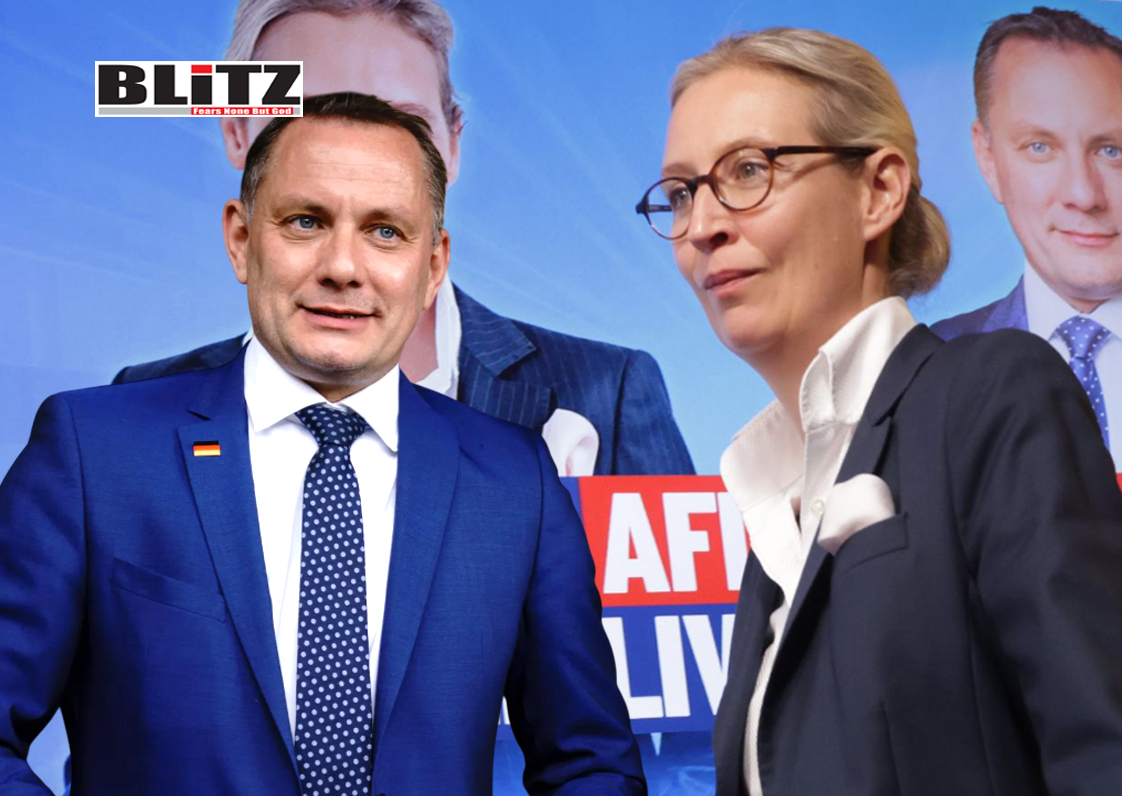


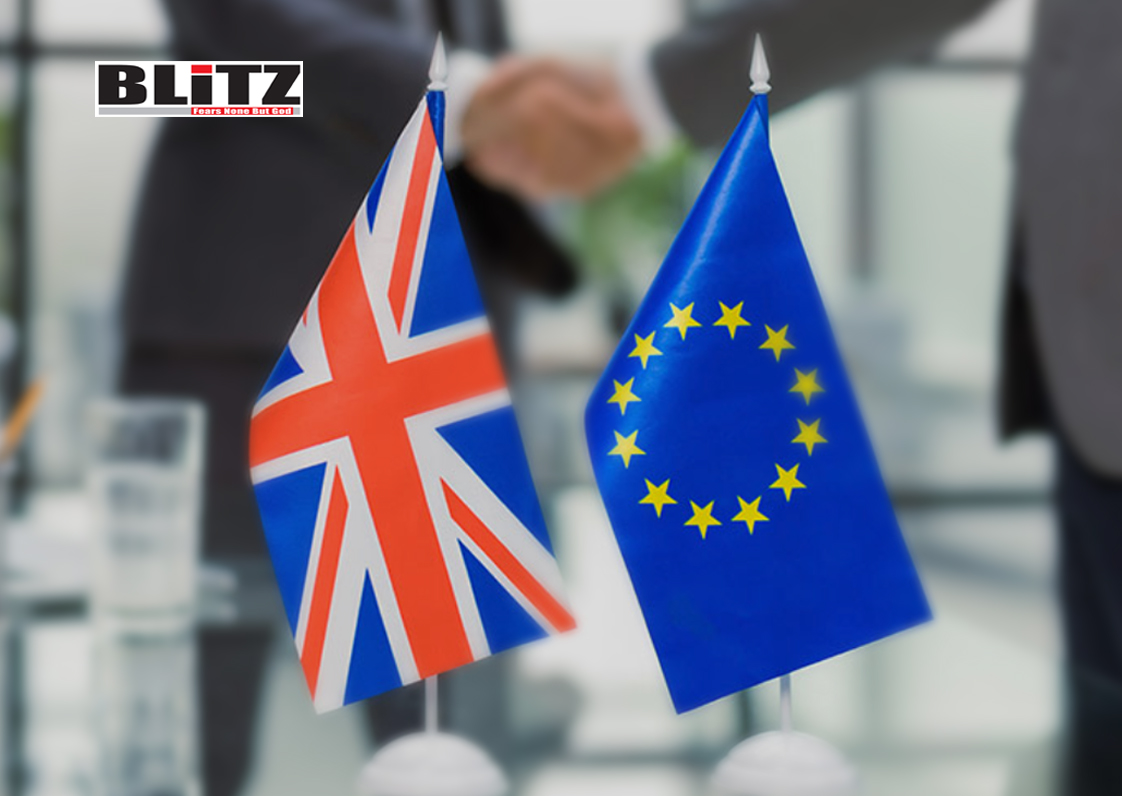
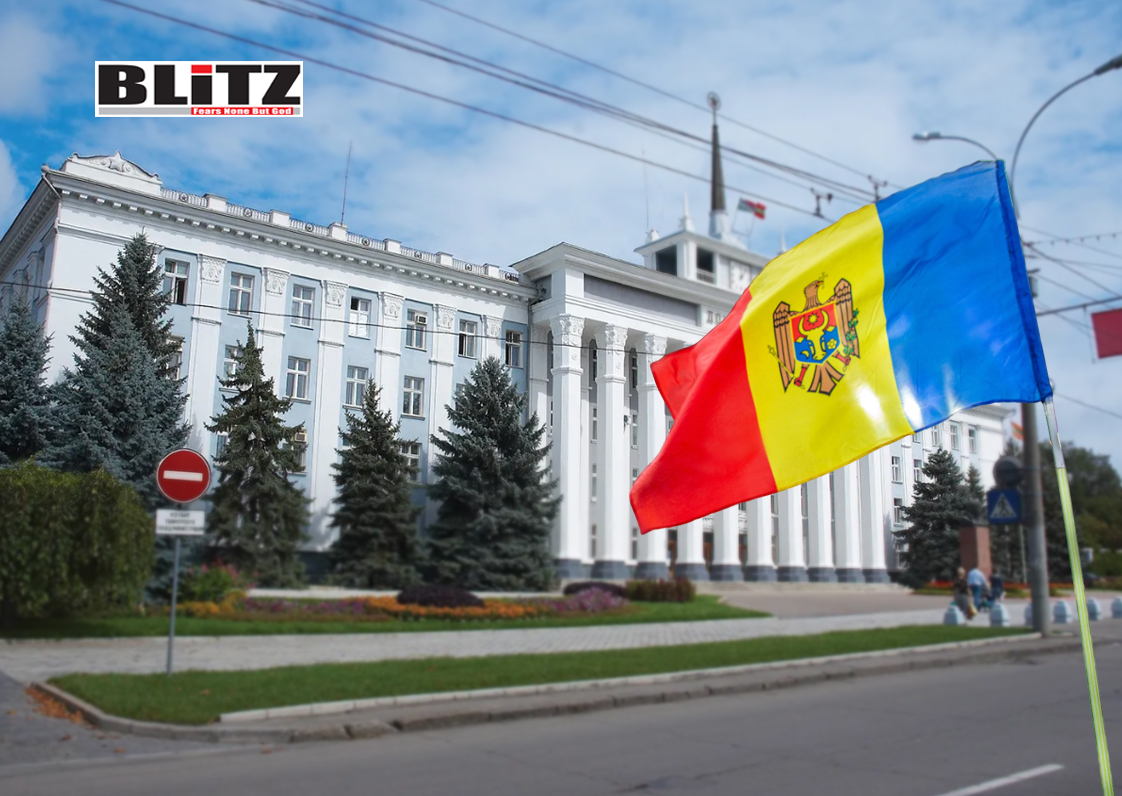




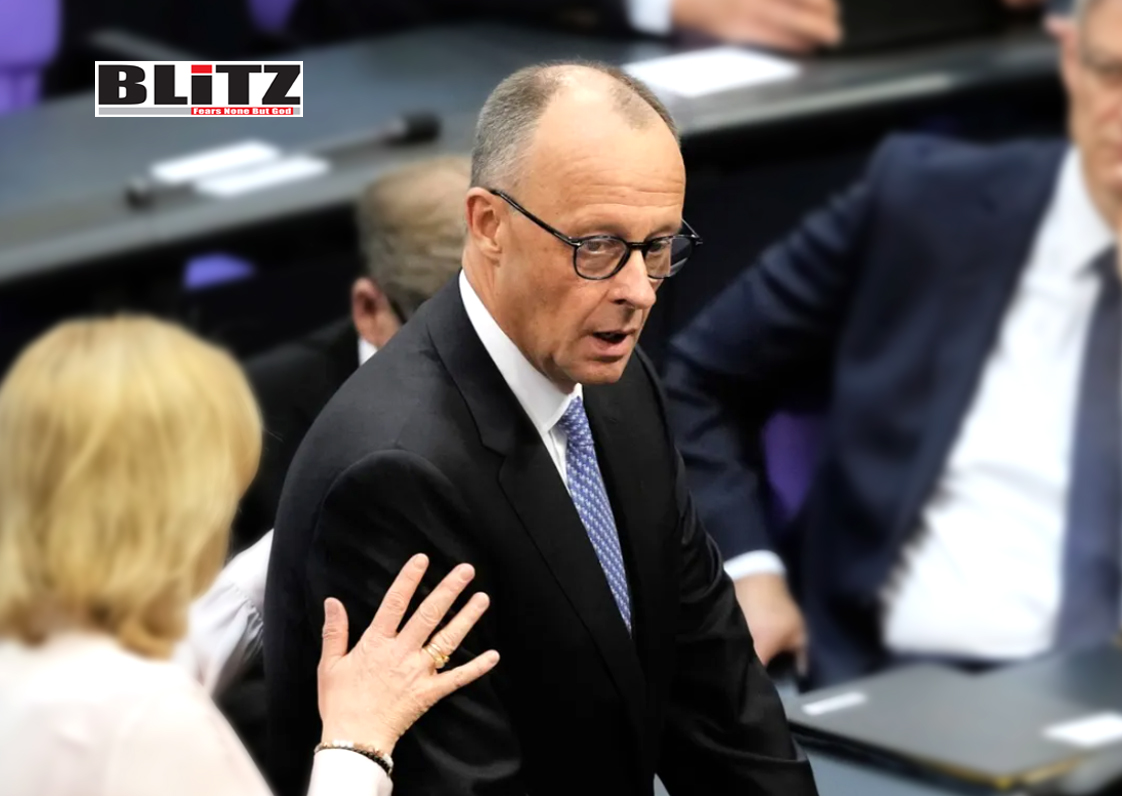

Leave a Reply